TOWARDS AN INCULTURATION OF THE AFRICAN CULTURE OF FUNERAL AND THE LIVING DEAD
The Church, time and again, continues in its path of opening up to and becoming more receptive of the diverse cultural dynamics and heritage of the various peoples that constitute it and, of those it is yet to encounter in its missionary project. At the wake of post-Trent, there arose an increasing call for and an awakening to the urgent need to have a Church that is truly accommodative of those elements, devoid of evil, inherent in other cultures, which are non-European – elements which constitute viable signs and symbols and practices that convey, in more lucid expressions, the gospel message of salvation in Christ.
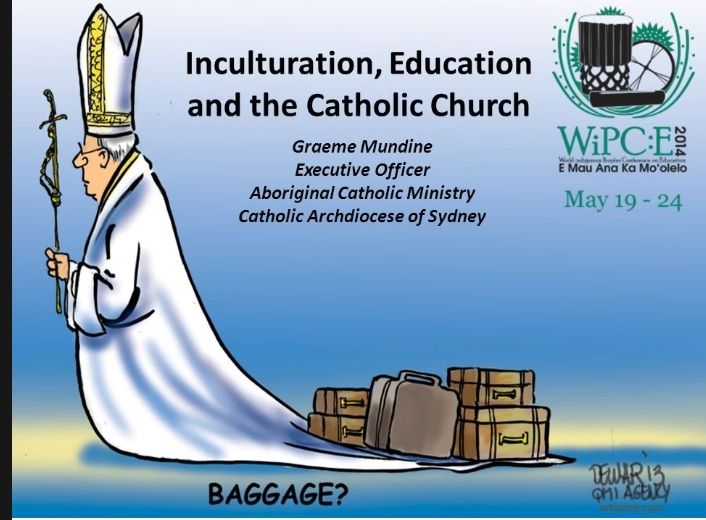
[(https://slideplayer.com/amp/3170636/)]
This ought to be the case because if every religious belief is a product of historical experiences, and is conditioned and sustained by the same, if beliefs are incarnated in particular cultural contexts, the Church in its claim to be catholic must prove itself so in a world that is ever pluralistic and diverse. Thanks to the genuine efforts of the Council Fathers towards opening novel paths in the area of inculturation during the Second Vatican Council.
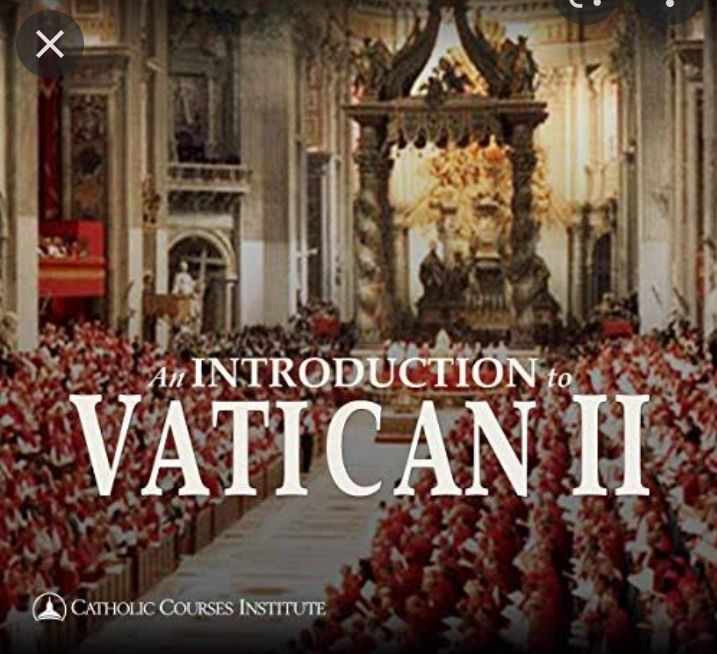
[(https://images.app.goo.gl/RGwYYtCStRAPSEDe7)]
The Church cannot relent in its mission as the universal sacrament of salvation. It is all the more expedient in today’s society to discover new ways of evangelization, especially in the face of modernist and post-modernist ideological threats sponsored by the enemies of God. All men and women have a right to the truth, the truth which informs a right conscience and liberates the human intellect from the tyranny of relativism and excessive subjectivism. The message of salvation is not the exclusive preserve of a few nations; it is for all of humanity. And it ought to be treated as such without any form of racial discrimination.
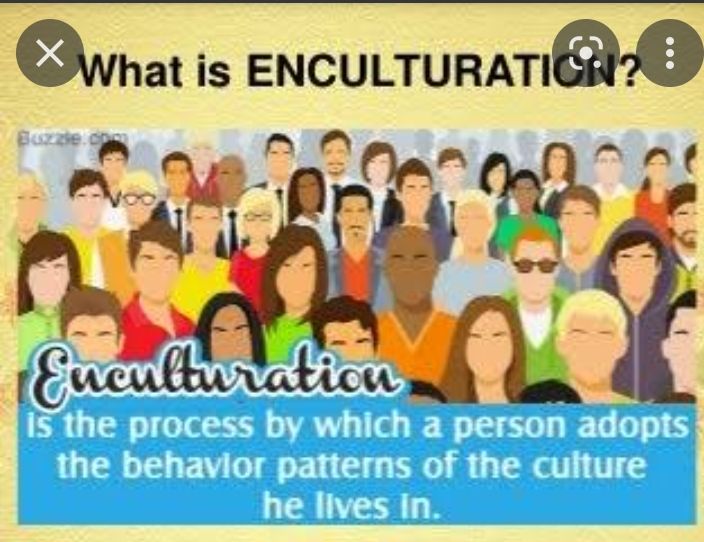
[(https://images.app.goo.gl/nqmPuS45vP7h4xvh8)]
As a term in theology, moreover, inculturation refers to ‘the central and dynamic principle governing the Christian missionary outreach to peoples not yet evangelized, or among whom the Church is not yet rooted firmly and indigenously’ (The New Dictionary of Theology. Joseph A. Komonchak et al (eds.), 2014). Vatican II reaffirms the legitimacy of the Church’s incarnational approach towards all peoples (cf. Ad Gentes, 9, 10, 21, 22; Gaudium et Spes, 58; Lumen Gentium, 13).

[(https://images.app.goo.gl/LMy7PTHkq4AwoPgr6)]
Just as Christ by his incarnation committed himself to the particular social and cultural circumstances of the people among whom he lived, the Church, in the same fashion, must implant itself among the various cultures of the world, acknowledging and respecting their cultural sensitivities, while at the same time preserving the substance of the faith. Thus, the principle of inculturation is rooted in the mystery of the incarnation; it is to be understood in this radical sense, because the action of God in history is prescriptive for the Church’s missionary orientation. What God has wrought in Jesus Christ in the historico-cultural encounter of a particular people, the Church is mandated, by reason of its very nature, to carry out among all peoples who, with their varied historical experiences, constitute the whole of humanity and even the Church itself.
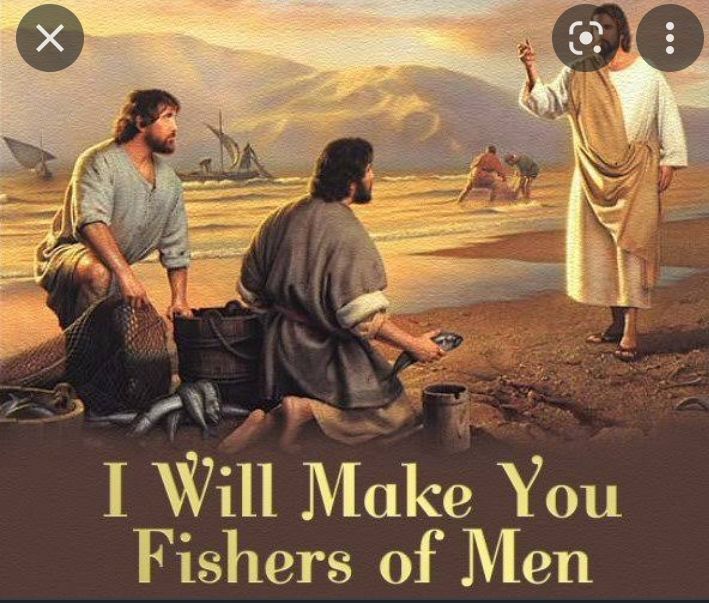
[(https://images.app.goo.gl/8Fx87dHhSBtxp1Dj9)]
The African culture of funeral and of the living dead has a lot to offer the Church in its quest to finding ways of integrating the good elements of the diverse, rich cultural elements that make up the Church. It is strongly believed, in most traditional African societies, that death is inescapable but does not mark the end of life altogether. Death, therefore, is only a passage from the material world to the realms of immortality.
The dead constitute an integral part of the cultural consciousness of a traditional African; their legacies live on in the memories of the people. Thus, the departed members of the community are rightly called ‘the living dead’. And this informs why elaborate funeral ceremonies and rites are carried out by the community in their honour, especially when it involves an elderly person. The rites involved are believed to accompany the deceased on its journey to the spirit world. Those deceased members who led a good and remarkable life and died at ripe age are by these rites initiated into the cult of the ancestors.
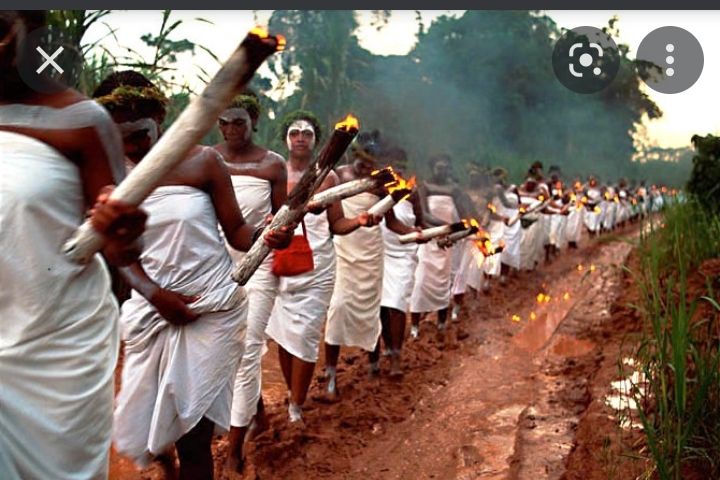
[(https://images.app.goo.gl/mhHffYPSWbyP5uTA6)]
The power of ancestors to make intercessions for the living is strongly emphasized. Supplications and prayers in the form of libation and sacrifices are offered to them for various needs – peace in the land, bountiful harvest, fertility, good children, etc. – at annual festivals, special prayers are made in honour of the good life they led while on earth.
Obviously, it is not hard to identify the congruence point where the Christian doctrine of immortality and of veneration of the saints meets with its African counterpart (the ‘living dead’ and ancestral veneration). While both may not be essentially the same, yet there are areas of substantial similarity that, when properly harmonized, can foster a deeper sense of communion and belonging in the indigenous people.
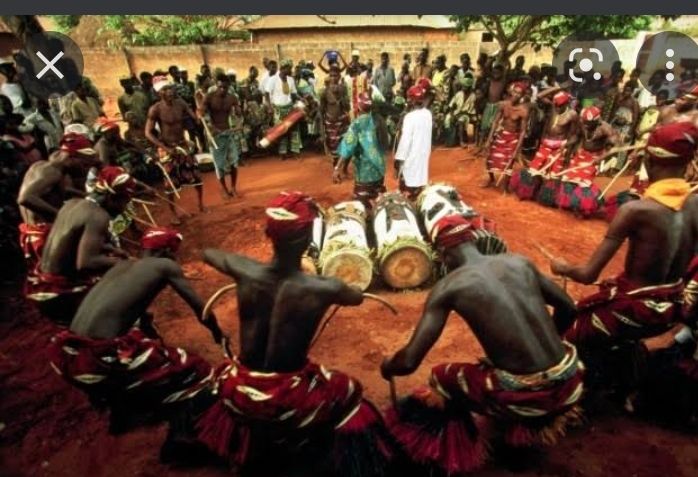
[(https://images.app.goo.gl/NHUysQgbeKQaQFhp6)]
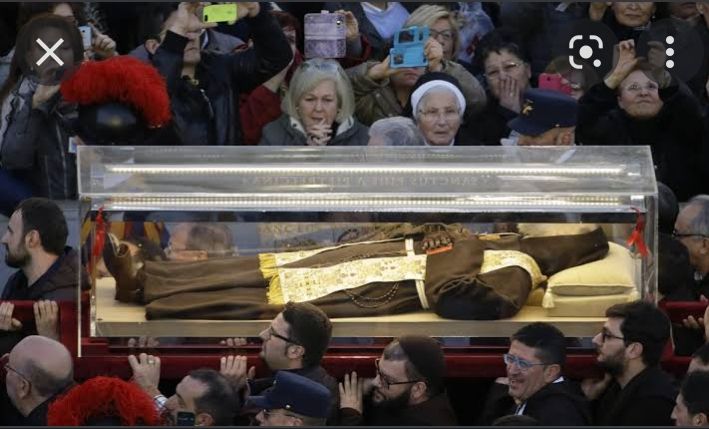
[(https://images.app.goo.gl/XLAUzZ2ts8V1wfCx8)]
There are significant elements in African culture that, when purified of all falsehood, can truly become novel sacramental expressions of, and can also offer clearer insights into, the Paschal Mystery of Jesus Christ. Consequently, it becomes the task of theologians to subject these culturally diverse media of expressing reality to the crucible of modern critical method, so as to sieve out those elements lacking salvific power.
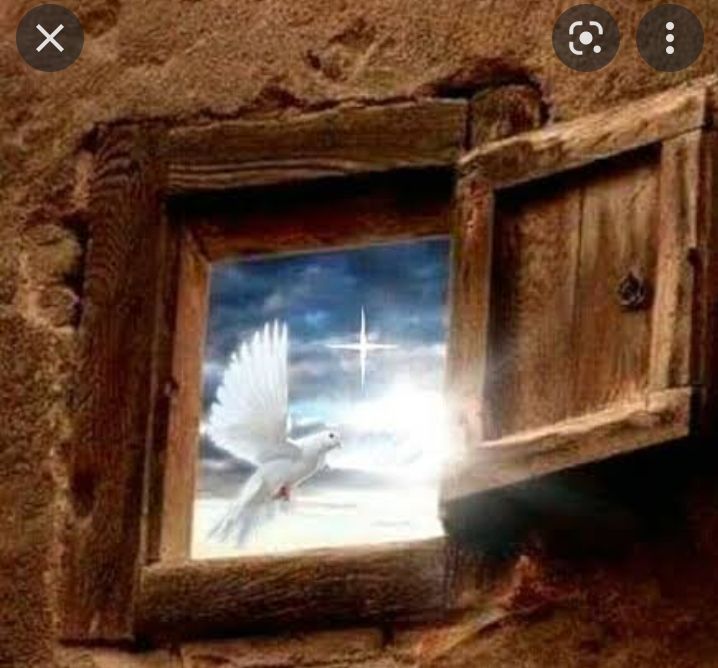
[(https://images.app.goo.gl/uU79uTVM9PESspfg8)]
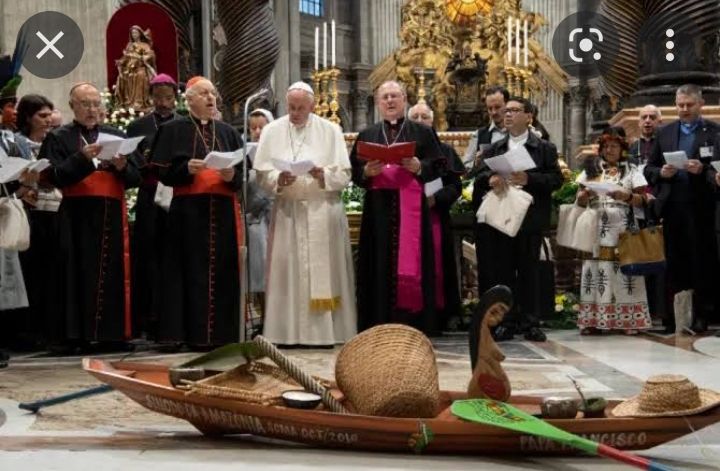
[(https://images.app.goo.gl/JYVkut1BK1uNS8mg7)]
The Church, then, must become more open to the rich African cultural heritage and not be afraid to explore it in the light of faith. Ways must be sought to incorporate the African custom of funeral and its theology of the living dead, and others into the Church’s liturgical life. By this, the Church can really become ‘African’.
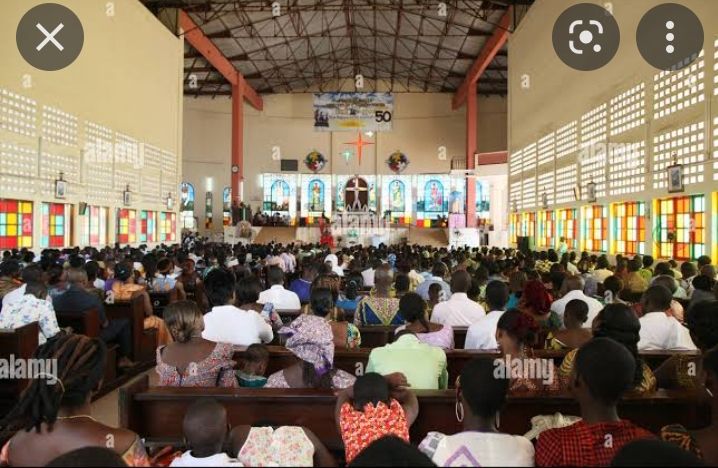
[(https://images.app.goo.gl/wJuHMV3QiUsQH9oh7)]
To this end, few recommendations will be offered.
First, a specific day should be set aside to commemorate the ancestors and extol their good deeds, just as in the commemoration of all saints and all souls. This will go a long way to give the people some sense of belonging and make them more appreciative of the faith.
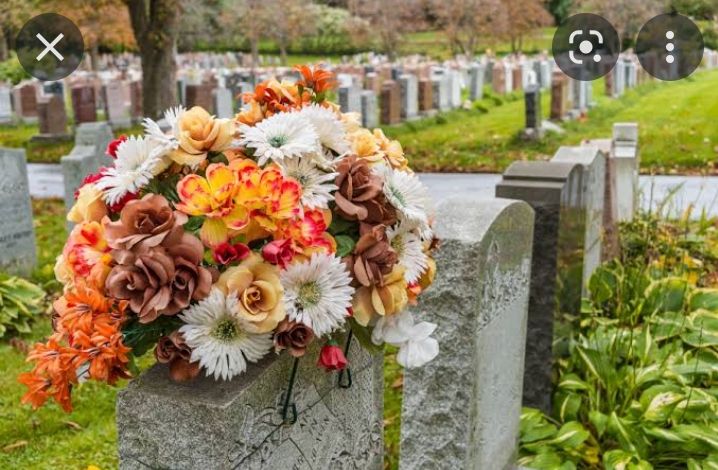
[(https://images.app.goo.gl/7NkJQrkn4oXzo2jb9)]
Second, catechesis should be carried out in the vernacular of the indigenous people, and funeral rites should be done in the same vernacular by the pastor; the use of the native dialect not only renders the missionary work of the Church less demanding, but also facilitates the quick acceptance and assimilation of the Gospel message.
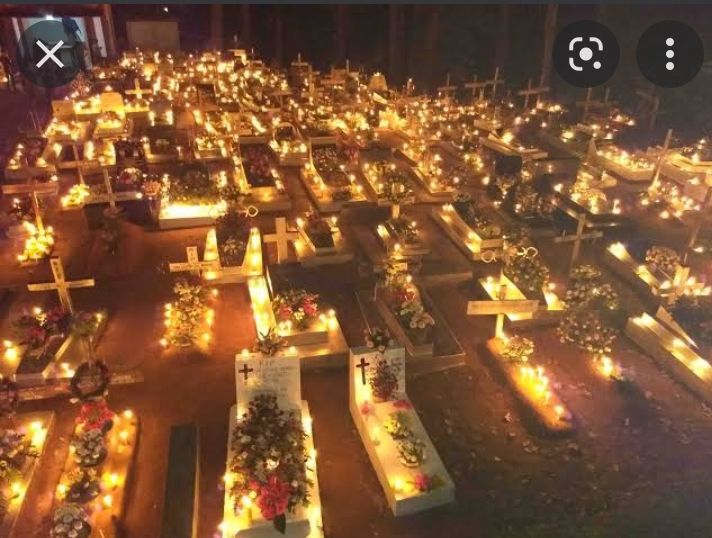
[(https://images.app.goo.gl/6AE3S7xy1BaLVwNW9)]
Third, certain sacrosanct feast days, instituted in honour of the deceased members of the community, should be observed and celebrated by the local church, as long as such festivals do not constitute “spiritual huddles” to the faith of the people.


Hello dear @nnawuihe4914
Your post has been manually upvoted by @judexex
You can use our tag #blurtainment to get your future posts seen
Vote our founder @nabeeel as your witness, link below
VOTE for Witness
REMEMBER TO GIVE US SOME DELEGATION AS WE ARE STRONGER TOGETHER, NO AMOUNT OF DELEGATION IS SMALL FOR US.**
Join us on WHATSAPP, TELEGRAM and [DISCORD](https://discord.gg/he6nHbMtpf